On the Empty Balcony (1961)
Жанр : драма
Время выполнения : 1Ч 10М
Директор : Jomí García Ascot
Писатель : María Luisa Elio
Краткое содержание
About a woman who was a child refugee from the Spanish Civil War, and is now living as an adult in Mexico City. She tries to remember the traumatic events of her childhood.
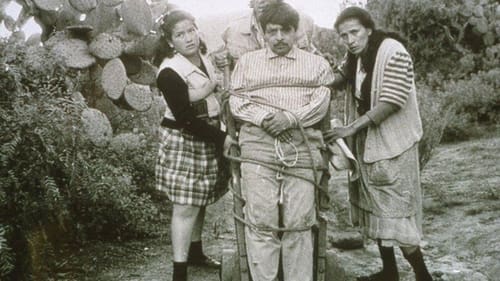
A woman seeks help from one of her bigamous husband's killers to transport his corpse back to her home.
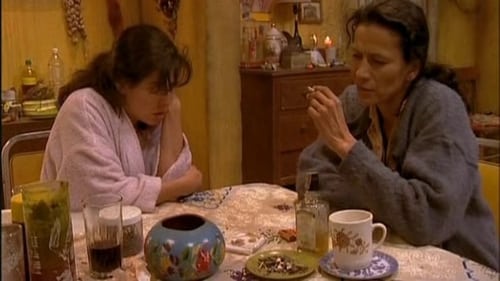
After her husband leaves her for a younger woman, Julia plans her revenge with the help of her grandmother.

Portrayal of a talented, influencial and troubled artist: a filmmaker who fought his own demons and seemed to live his own legend like no other director. Against all odds Sam Peckinpah was able to create a very personal body of work in the studio system of Hollywood and with his powerful directing and editing style changed the way of filmmaking forever. Legendary for his use of slow-motion violence, various scandals and his ongoing problems with sudios and producers, the story of Peckinpah is filled with tragedy, humor, success and defeat.

When a young boy comes in to see a doctor abourt a red mark on his face, the doctor's wife welcomes him into the consulting room instead. As they talk, she offers him something to eat and then notes that his manner of eating is just like that of her previous husband, who died in prison many years earlier. It turns out that the young man had been his cell mate for a year, and he tells her the story of how her husband died. She then remembers (in flashbacks) how she had helped her first husband rid himself of his sexual repression, and how she had promised him she would marry her current husband if she were widowed. It seems her doctor-husband was a man who could remain untouched through any political climate, and was much admired by her first husband. Now that her memories have been awakened by the young man's account, she ignores the repeated phone calls of her current husband and decides to rid this young man of his own sexual repressions.
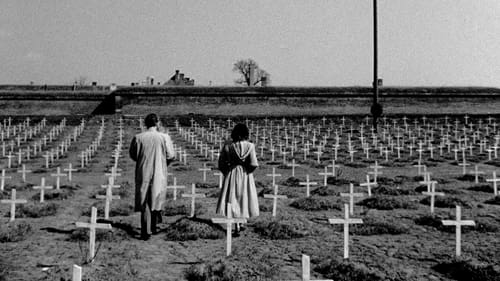
Prague, during World War II. Hana Kaufmann, a Jewish ophthalmologist, marries Dr. Antonín Bureš, a Christian man. When her family is sent to the Theresienstadt concentration camp, their romance turns into a struggle for survival.

Pedro and Julian, two friends entomologists are in love the same woman, Adela, who decides to marry Peter. Julian attends the marriage, but acts against women as her own husband. The passion that unites the two friends, entomology, leads them to conclude a treaty. The woman, however, is not comfortable with the life she has lived and want to abandon them. Discovered that she suffers from the disease, makes men willing to please her in everything, without her knowing the reason for his change of attitude.
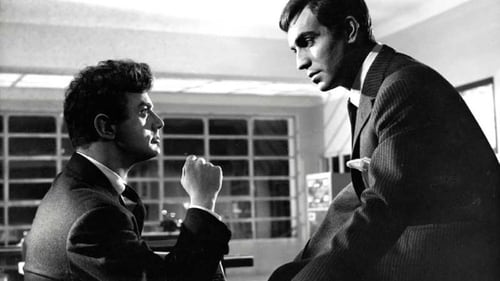
Alfredo is a cheerful party animal, son of a wealthy man. Alfredo's brother, a young very focused and mature boy, and their father try unsuccessfully to change the profligate lifestyle of Alfredo to remedy the dissolute life of the latter, which, by all indications, is clearly gay.

Bruno, a young traffic agent of the Spanish Guardia Civil, is abandoned by his wife after having an affair. Bruno, devastated, discovers one night, by chance, a strange passageway that leads him to another level of reality.

A Jewish family suffers persecution and suffering in the 16th century when they are accused of practicing witchcraft.

Antonio and Concha, a couple who are constantly fighting about money, win the Christmas Lottery first prize. Concha, who is very bossy, starts making decisions about how they're going to spend it. But Antonio is fed up with her, he just wants to go to Brazil, lay in the sun, and never see her again. So he starts to plan how to get rid of her...
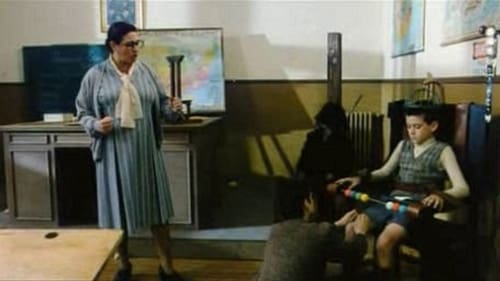
The teacher explains to her students, step by step and with full details and live examples, how are the different types of execution: the electric chair, the garrote, the gallows ..
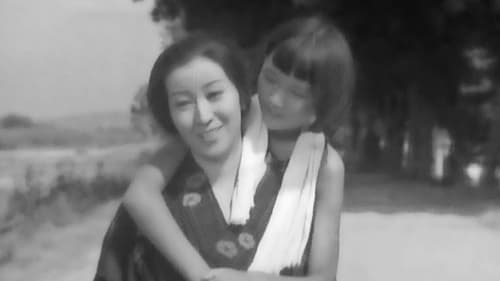
Two young girls, Nobiko and Tomiko, go to the same school. The less fortunate girl Nobiko is one of the top students, while the rich girl Tomiko is not. At one time Tomiko's father was quite fond of Nobuko's mother.
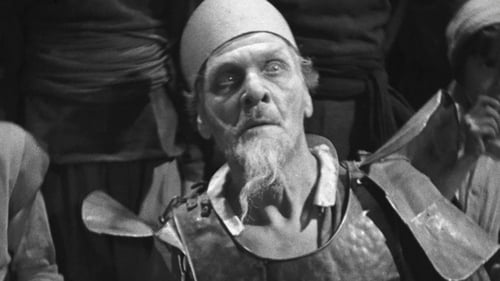
В Испании, ХIV веке, старый идальго по имени Дон Кихот сошел с ума от чтения, поглотив слишком много рыцарских книг. Провозгласив себя рыцарем, он излагает своему оруженосцу, Санчо Панса, идею реформации и возрождения эпохи рыцарства, провозгласив простую девушку своей благородной дамой Дульсинеей, ради которой он готов совершать подвиги… Георг Вильгельм Пабст снимал один и тот же фильм три раза, на трех языках. Данная версия фильма снята на французском языке, две остальных версии сняты на английском и немецком языках (немецкоязычная версия считается утерянной).
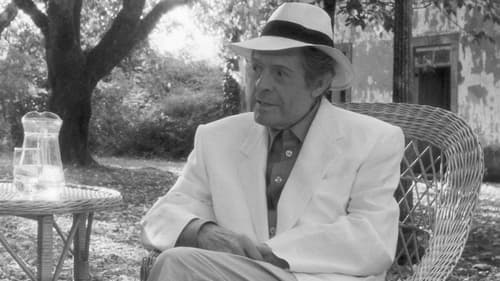
In 1996, Marcello Mastroianni talks about life as an actor. It's an anecdotal and philosophical memoir, moving from topic to topic, fully conscious of a man "of a certain age" looking back. He tells stories about Fellini and De Sica's direction, of using irony in performances, of constantly working (an actor tries to find himself in characters). He's diffident about prizes, celebrates Rome and Paris, salutes Naples and its people. He answers the question, why make bad films; recalls his father and grandfather, carpenters, his mother, deaf in her old age, and his brother, a film editor; he's modest about his looks. In repose, time's swift passage holds Mastroianni inward gaze.

The love-hate relations between a girl and his disabled brother.

Стареющий мужчина возвращается к воспоминаниям тридцатилетней давности. Лирическая история о первой любви, смерти и жизненных разочарованиях. Лучший фильм классика чешского кино Отакара Вавры, из снятых им после 1948 года.
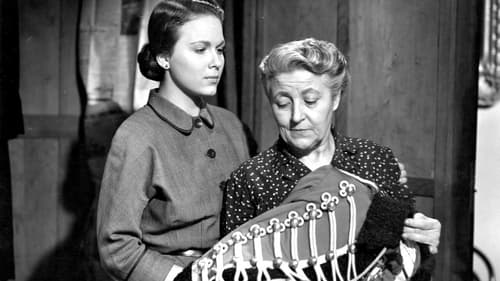
A woman who works as employee in a fashion store has to care for her ill mother. At the same time she falls in love with a bohemian man.

Come take an avant-garde walk in the Montparnasse of the late 1920's. This district of Paris, filmed in a most unusual way, shows how dedicated it is to art. Visit its art galleries and exhibitions, take a glimpse of famous painter Fujita, of Luis Buñuel eyeing the legs of beautiful Parisian passing the terrace of the café where he sits, of Italian futurists Marinetti, Prampolini and Russolo.

Award-Winning filmmaker Paul Leduc (Frida, Naturaleza Viva, Reed: Insurgent Mexico, Barroco) directed this gritty musical drama about life in the ghettos of Mexico City during the 1980s. With a soundtrack of Mexican rock music, the camera takes the viewer through the streets, to rock concerts, and to the bars and clubs, where he exposes the hunger, repression, unhealthy conditions and violence in the marginal communities of Mexico's capital city.
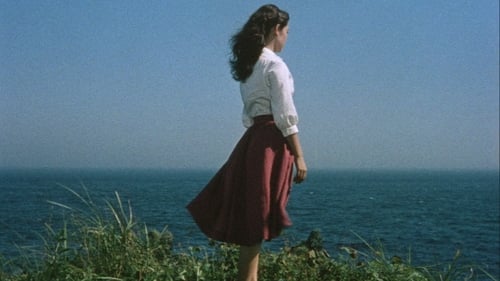
Восемнадцатилетняя Юко должна переехать в Токио к отцу и своей семье, с которой почти не знакома. Драма накаляется, когда бабушка перед смертью признается Юко, что её мать ей не родная. Неудивительно, что в доме родного отца девушку принимают очень холодно.














